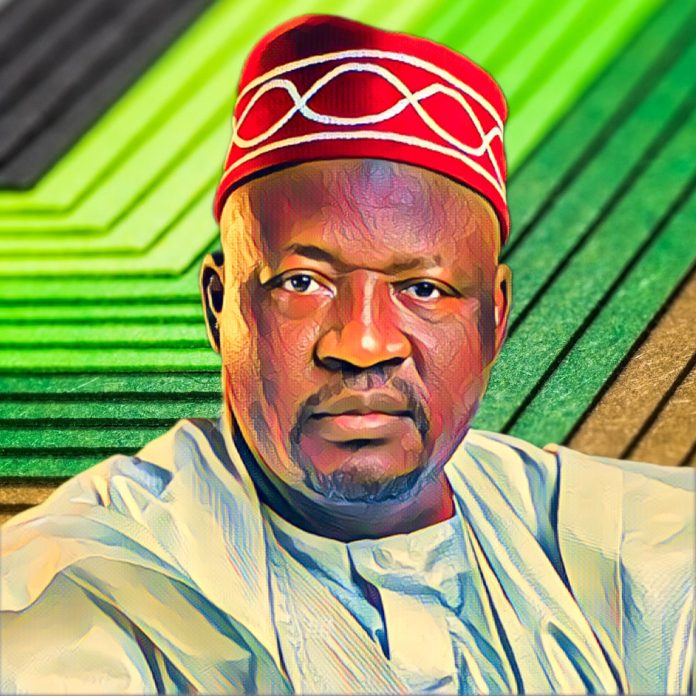In a surprising disclosure, Senator Abdurrahman Kawu Sumaila, Chairman of the Senate Committee on Sports and representative of Kano South under the New Nigeria People’s Party (NNPP), has revealed that he takes home a hefty N21 million in allowances every month. This amount is in addition to his official monthly salary, which he says is less than N1 million after deductions.
Speaking during an interview with BBC Hausa, Senator Sumaila shared details about his earnings, stating that while his official salary is set by the Revenue Mobilisation, Allocation and Fiscal Commission (RMAFC), his total monthly earnings are significantly boosted by allowances. “My monthly salary is less than N1 million,” the Senator explained, “After deductions, it comes down to a little over N600,000. However, in the Senate, each Senator gets N21 million every month as running costs.”
This revelation comes just days after former President Olusegun Obasanjo publicly criticized the National Assembly members for allegedly setting their own salaries and allowances, which he claimed were excessive and against existing laws. Obasanjo’s comments have sparked a national conversation about the pay structure of public officials, especially legislators.
According to RMAFC, the body responsible for determining the pay of public officials, each Senator is entitled to a monthly salary and allowances totaling N1,063,860. This figure includes a basic salary of N168,866.70 and various allowances such as:
- Motor vehicle fueling and maintenance: N126,650
- Personal assistant: N42,216.66
- Domestic staff: N126,650
- Entertainment: N50,660
- Utilities: N50,660
- Newspapers/periodicals: N25,330
- Wardrobe allowance: N42,216.66
- House maintenance: N8,443.33
- Constituency allowance: N422,166.66
These figures, however, are just a part of what Senators actually receive. The N21 million that Senator Sumaila mentioned is part of the running costs given to each Senator, a figure that far exceeds the basic salary and allowances officially recorded by RMAFC.
The news of these high earnings has led to widespread criticism, with many Nigerians expressing outrage over the large sums being paid to lawmakers, especially at a time when the country is facing significant economic challenges. Former President Obasanjo did not hold back in his criticism, calling the practice of legislators determining their own pay “immoral” and “unjust.” He argued that such actions are not only unfair but also contribute to the growing mistrust between the public and their elected representatives.
Obasanjo highlighted how lawmakers have granted themselves various perks and allowances that are not justified, including the controversial newspaper allowance. “You give yourselves all sorts of things, and you know it is not right,” he said, pointing out that the Senate and the House of Representatives have been taking undue advantage of their positions.
In response to the criticism, Senator Sumaila maintained that his earnings are within the legal framework set by the RMAFC. He also pointed out that the larger issue lies with the public perception of what Senators earn versus the reality. According to him, while the allowances may seem large, they are necessary for carrying out the functions of a Senator, including maintaining an office, paying staff, and serving constituents.
Despite this defense, the issue of lawmakers’ pay and allowances continues to be a hot topic in Nigeria. Many citizens are calling for greater transparency and a reevaluation of the compensation structure for public officials, arguing that the current system is not sustainable or fair, especially in a country where many struggle with poverty and unemployment.
Senator Sumaila’s candid revelation about his monthly earnings has thrown a spotlight on the often-opaque world of legislative compensation in Nigeria. While his statements have provided some clarity, they have also reignited a debate about the fairness and transparency of how public funds are allocated to elected officials. As discussions continue, it remains to be seen whether this will lead to any significant changes in how Senators and other lawmakers are paid in Nigeria. For now, the gap between public expectations and legislative reality remains a point of contention.



